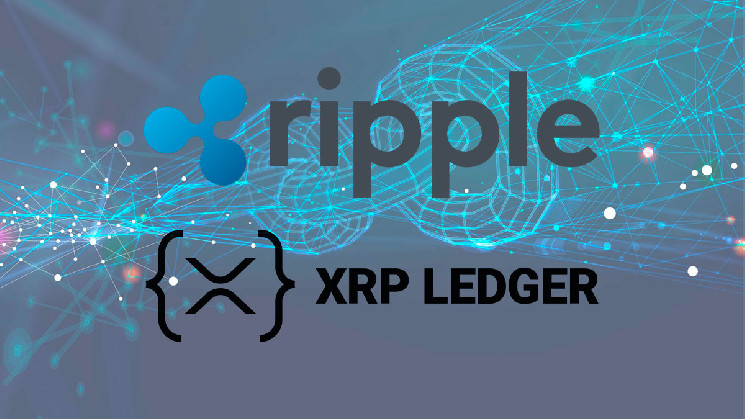TL;DR
- Ripple’s Move: Ripple has introduced U.S. Treasury bills on the $XRP Ledger via the OpenEden tokenization platform. These short-term debt obligations, backed by the U.S. government, represent a significant step in the crypto industry.
- Tokenizing Real-World Assets: Ripple’s senior vice president, Markus Infanger, highlights the potential of tokenizing real-world assets. Institutions are actively exploring this space.
-
Mechanics and Landscape: Ripple’s $10 million allocation will enable the issuance of tokenized T-bills on the $XRP Ledger. These assets will be invested in short-dated U.S. Treasuries and reverse repurchase agreements.
San Francisco-based company Ripple has taken a significant step by introducing U.S. Treasury bills on the $XRP Ledger through the tokenization platform OpenEden. These Treasury bills, backed by the U.S. government, represent short-term debt obligations.
Over $1 billion in U.S. treasury notes have been tokenized on public blockchains like Polygon, Ethereum, and Stellar. Ripple is now investing $10 million in TBILL tokens from OpenEden.
Ripple’s Tokenizing Real-World Assets
Markus Infanger, senior vice president at RippleX, emphasized that introducing Treasury bills on the $XRP Ledger showcases the potential for tokenizing real-world assets.
Institutions are actively exploring opportunities in this space, and tokenized versions of Treasury bills offer investors a way to diversify their portfolios. This move follows in the footsteps of financial giant BlackRock, which launched its own tokenization fund called BUILT in March.
The Mechanics of TBILL Tokens
Ripple’s allocation of $10 million will enable the issuance of tokenized U.S. Treasury bills (T-bills) on the $XRP Ledger. OpenEden, the tokenization platform, will facilitate this process. The underlying assets supporting these tokens will be invested in the short-dated U.S.
U.S. Treasuries are used as collateral for both treasuries and reverse repurchase agreements. In a repo, securities are sold with the promise to repurchase them at a higher price later.
A Growing Sector in Crypto

The tokenization of tangible real-world assets and traditional financial securities is gaining momentum within the crypto industry. By allowing traditional assets—especially private and alternative assets—to be issued, managed, and distributed more efficiently, tokenization bridges the gap between the physical and digital worlds.
BlackRock’s Precedent
BlackRock, the world’s largest fund manager by assets under management, blazed a trail in March by launching its USD Institutional Digital Liquidity Fund on the Ethereum blockchain. The fund is backed by U.S. Treasury bills, repo agreements, and cash.
The Larger Fund and XRPL
Ripple’s $10 million allocation is part of a broader fund that will invest in tokenized T-bills from OpenEden and other issuers (whose dates remain unspecified). The $XRP Ledger (XRPL), an open-source blockchain, uses the cryptocurrency $XRP to facilitate global financial transfers and currency exchanges.
The Landscape
As of Thursday, over $780 million worth of funds are locked in tokenized versions of U.S. treasuries, as reported by the tracking site rwa.xyz. This trend underscores the growing interest in merging traditional finance with blockchain technology.
 crypto-economy.com
crypto-economy.com
